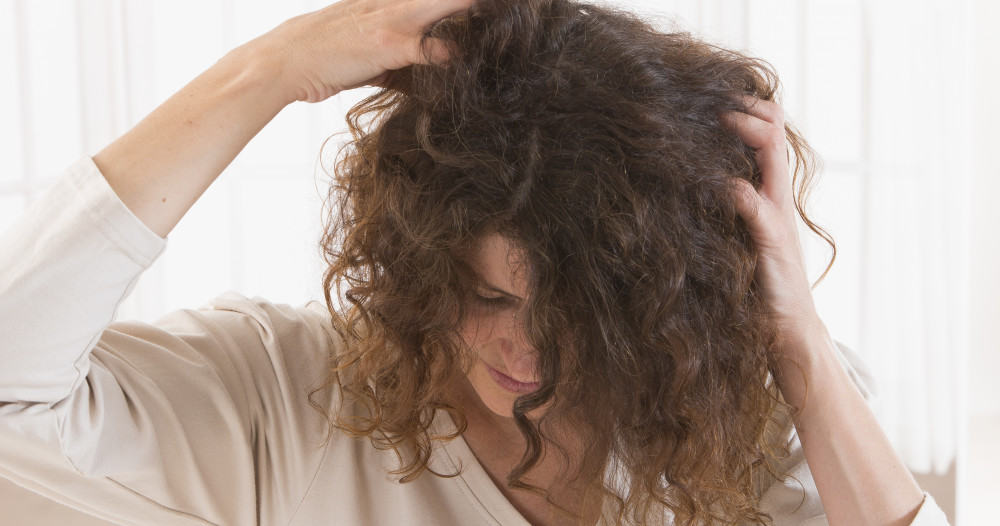No, you cannot be allergic to your own hair. Allergies occur when the immune system reacts to foreign substances, known as allergens, that it considers harmful, even though they might not be. Since your hair is a part of your body, it does not trigger an immune response. However, symptoms that seem like an allergic reaction to your hair can often be attributed to other factors related to hair care or environmental allergens.
Understanding the Misconception
The idea of being allergic to one’s own hair typically stems from experiencing scalp irritation, itching, or rashes, which are mistakenly believed to be direct reactions to the hair itself. In reality, these symptoms are usually caused by external factors.
1. Hair Care Products: Shampoos, conditioners, hair dyes, and styling products can contain ingredients that might trigger allergic reactions or irritate the scalp. Common irritants include fragrances, preservatives, and certain chemicals in hair dyes.
2. Environmental Allergens: Pollen, dust, and other environmental allergens can become trapped in your hair and cause allergic reactions when they come into contact with your skin or are inhaled.
3. Scalp Conditions: Dermatological conditions like seborrheic dermatitis, psoriasis, or fungal infections can cause symptoms that mimic an allergic reaction, such as redness, itching, and flaking.
Investigating the Cause of Scalp Reactions
If you’re experiencing discomfort that seems related to your hair, it’s important to investigate the true cause. Here are steps to pinpoint and address the issue:
1. Product Ingredients Review: Check the ingredients list on your hair care products for potential irritants. Consider switching to hypoallergenic or fragrance-free products to see if symptoms improve.
2. Patch Testing: Dermatologists can perform patch tests to identify specific substances that may be causing an allergic reaction. This can help you avoid these allergens in the future.
3. Scalp Examination: A healthcare provider or dermatologist can examine your scalp for signs of skin conditions that might be causing your symptoms and recommend appropriate treatments.
4. Environmental Controls: Minimizing exposure to known environmental allergens, especially during high pollen seasons, can reduce allergic reactions. Regularly washing your hair can help remove trapped allergens.
Managing Scalp Health and Allergies
Maintaining a healthy scalp and minimizing allergic reactions involves choosing the right hair care products and being mindful of environmental exposures:
1. Gentle Hair Care: Use gentle, non-irritating hair care products, and avoid frequent use of heat styling tools that can damage the scalp.
2. Regular Washing: Washing your hair regularly, but not excessively, can help remove product buildup and environmental allergens.
3. Moisturize: Keeping your scalp moisturized with suitable products can prevent dryness and irritation.
4. Allergen Avoidance: Once identified, avoid known allergens in hair care products and take steps to minimize environmental allergen exposure.
Conclusion
While it’s not possible to be allergic to your own hair, reactions that seem to suggest this can usually be traced back to external factors such as hair care products, environmental allergens, or scalp conditions. By identifying and addressing the true cause of your symptoms, you can relieve discomfort and maintain both scalp health and overall well-being. If symptoms persist, consulting with a healthcare professional is the best course of action to receive proper diagnosis and treatment.
